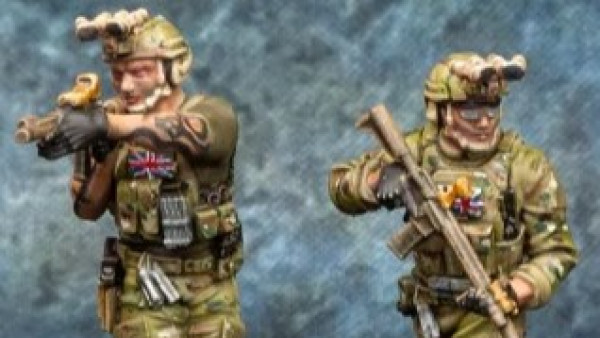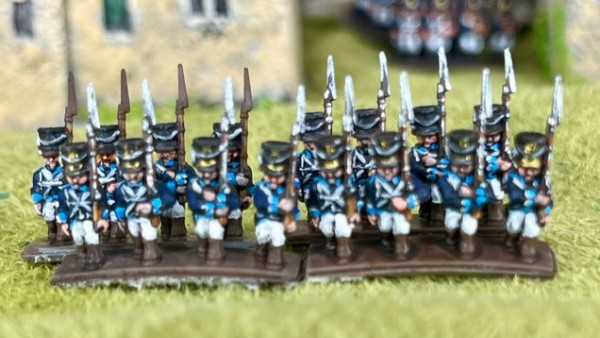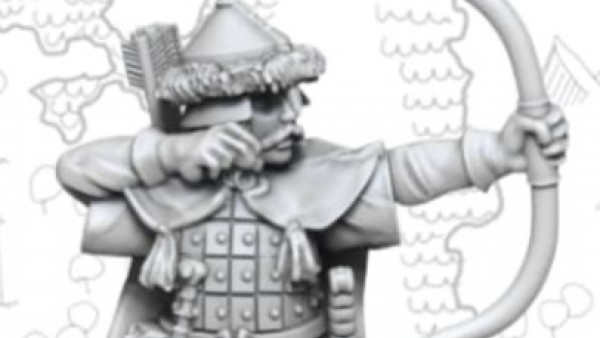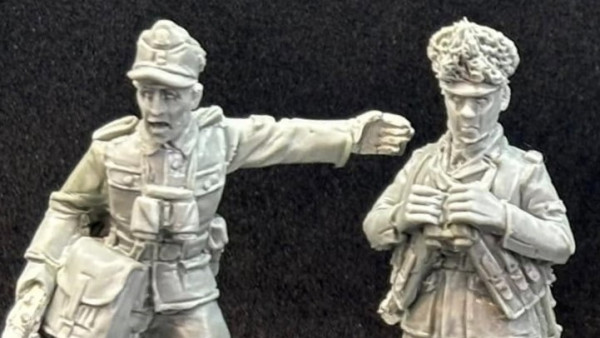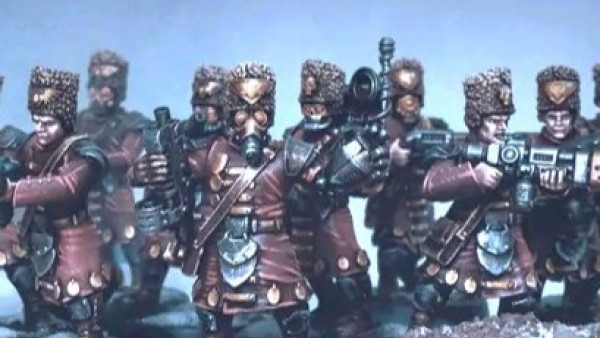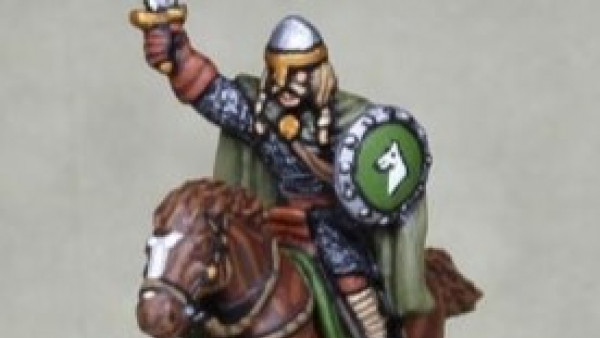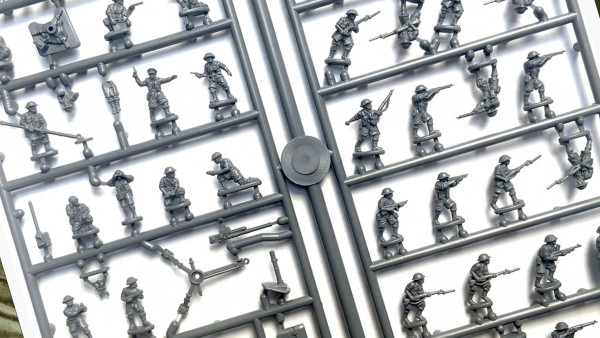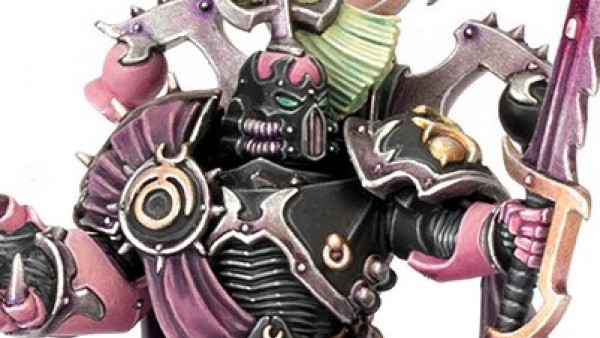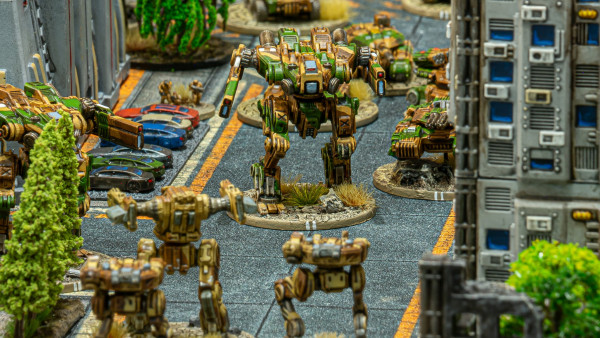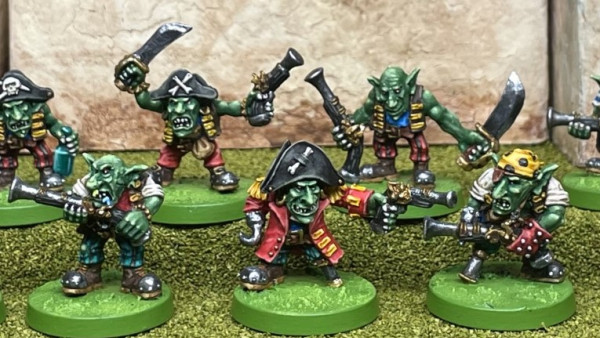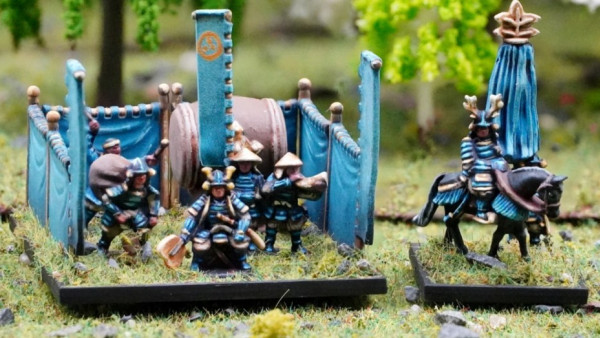Home › Forums › Historical Tabletop Game Discussions › Poland 1939 – Preparing for 80th Anniversary of World War II › Reply To: Poland 1939 – Preparing for 80th Anniversary of World War II
To continue with the historical background let’s look at one of the most significant provocations that was supposed to dishearten France and Great Britain from aiding Poland in the upcoming fight.
As stated in the previous posts Hitler wanted to isolate Poland. Thus the idea of false flag operations from which the so called Gleiwitz incident is the most notable one. The operation was really a covert one since there were no written records of it and it came to light during the Nurmeberg Trials.
To cut the long story short the Gestapo inspired operation was carried out by SS-Sturmbannführer Alfred Naujocks with a few of operatives dressed as civilians (a common misconception is that they were dressed in Polish uniforms). They “attacked” a radio station in Glewitz to send a statement that was supposed to convey that Poland does not want peace and that the radio station was taken by force by presumably Polish forces. However, what the Germans did not know that there were actually two building that were a part of the radio station and the one that they “took over” did not have the studio with microphones and all the necessary equipment. They found however, a mic that was used to warn people about upcoming storms. However, the operatives only managed to broadcast: “Attention! This is Gliwice. The radio station is in Polish hands…” and then the equipment refused to cooperate.
All this could be a nice scenario for a comedy if not for the actual victims:
- Franciszek Haniok, a former participant of Silensian Uprisings who sympathized with the Poles. Got arrested by the Gestapo on the 30th of August, got a lethal injection and then a few shot wounds. He was left on site in Gleiwitz to be a proof that the Poles were responsible for the attack on the German radio station.
- A few German camp prisoners from Dachau were also drugged and shot to be left on site in Polish uniforms. They were shown to international press representatives on the 1st of September as a proof for Polish involvement.
All in all the Gleiwitz incident was technically a big failure but still Hitler used it to as a propaganda tool with Radio Berlin broadcasting information about a Polish attack on Gleiwitz two hours later.
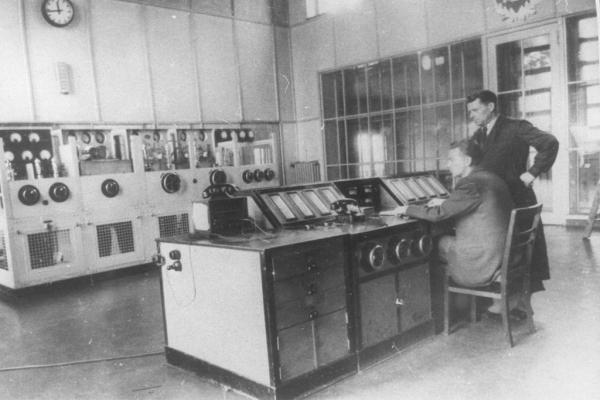 Place from which the message was sent by Germans
Place from which the message was sent by Germans













































